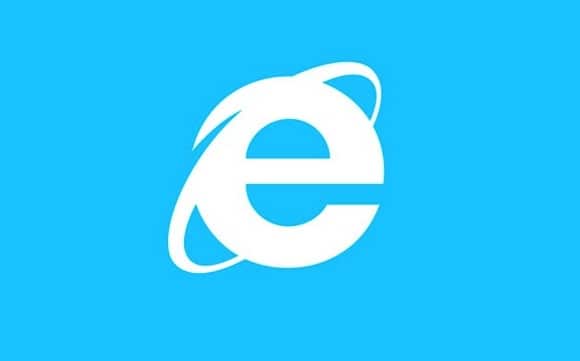 After years of declining use, Microsoft is ending support for versions 8, 9 and 10 of their Internet Explorer web browser on January 12. These three versions will stop receiving bug fixes and security updates, leaving them vulnerable to attacks.
After years of declining use, Microsoft is ending support for versions 8, 9 and 10 of their Internet Explorer web browser on January 12. These three versions will stop receiving bug fixes and security updates, leaving them vulnerable to attacks.
Users who start up with one of these versions on that date will be greeted with a message urging them to upgrade either to Internet Explorer 11 or to the company’s new Edge web browser. A final patch, to be issued that day, will consist of final code fixes for the elder browsers as well as this notification, which will prompt users to download alternative software.
Only the most current version of Internet Explorer, IE11*, will continue to receive security updates, compatibility fixes, and technical support on Windows 7, Windows 8.1, and Windows 10.
IE11 offers improved security, increased performance, better backward compatibility, and support for the web standards that power today’s websites and services. Microsoft encourages customers to stay up-to-date on the latest browser for a faster, more secure browsing experience.
To check which version of Internet Explorer you’re using to see if you’ll be affected by the changes, open the browser and click the ‘Gear’ or ‘Question Mark’ icon in the top right, and select ‘About Internet Explorer.’ The version of the browser your computer is running will be displayed in the pop-up box.
For additional questions or support assistance, contact us.
* Microsoft noted that users on Windows Vista Service Pack 2 and Windows Server 2008 Service Pack 2 will still receive security updates for IE 9 and 10, and Windows Server 2012 users will still get security updates for IE 10.

